
eco friedly explore trekking himalayas :
How this may have started?
Man’s urge to explore new dimensions of life and consciousness may have led him to seek the answers to his innumerable questions in the lap of Mother Nature. This quest brought many to the mighty Himalayas. With every step, as he moved further on the unknown trails, truths were revealed to him. The answers that eluded him in the middle of the crowd became unmistakably clear in the divine silence of solitude.

With passing years, the increased stress caused by corporate and social life led many individuals to the mountains to experience a few moments of silence in the forests. As days continued to pass, the tranquillity of the mountains and the experiences of former trekkers and travellers drew more and more people to the mighty Himalayas and its sacred forests. However, not everyone who goes trekking is a responsible traveller. They may not know how to live in harmony with Mother Nature.
With irresponsible travellers come tons of plastic, beer/alcohol bottles, and cigarette butts, which they leave behind in the mountains. Not only the travellers, but the trek operators also fail to understand their responsibility to take care of Mother Nature. Some of them spoil natural water resources by pitching toilet tents near the Himalayan rivers and washing utensils directly in water streams. All this nuisance damages the integrity and purity of nature.
How is it Going?

These days, spotting broken glass bottle pieces and plastic rolling around the trails has become a common sight. Moreover, there is a new trend emerging: hiking with loudspeakers. Instead of enjoying the beautiful sounds of the forest, people opt to listen to loud music, the same they can hear at home. This trend contributes to noise pollution in these areas. Some hotels, restaurants, and cafes play loud music in forested areas to attract more tourists. In the long run, all these actions have adverse effects on the elements of Mother Nature.
Consider a situation where loud music is being played at night in the trekking camp, and cheerful trekkers are singing and dancing. Can you imagine the adverse effects this can have on innumerable life forms such as trees, plants, animals, birds, insects, and many others? The trekking ecosystem is starting to harm the natural ecosystem.
How it is being Challenged and Changed?
However, the situation is changing these days. Young trekkers are becoming aware of climate change, and most of them take great care not to pollute the forest. Fortunately, there are a few nature-loving trekkers, trekking organizations, and NGOs that are educating the new generation about the preservation of nature. Trekkers and various trekking organizations that believe in the principle “we are here because of Mother Nature, she is not here because of us” are taking prompt actions to alter the course of action by collecting trash. Healing Himalaya is one such NGO working in this field. The team of young volunteers is doing such a great job that Prime Minister Narendra Modi appreciated it.
Himalaya Shelter is one of the few trekking organizations trying to establish a harmonious system with Mother Nature by minimizing plastic use. Himalaya Shelter Trek leaders and trekkers actively collect trash from/around the trail. We discourage the use of plastic, alcohol, and loudspeakers in forest areas. Team Himalaya Shelter always keeps garbage bags at all their campsites and instructs all trekkers to use them. Later, all the collected trash is brought back to the base camp and handed over to government authorities who then segregate and decompose the waste properly. The Swachh Bharat Mission has contributed significantly to spreading awareness and maintaining cleanliness in the country.
Looking at the positive outcomes of the efforts put forth by the government, NGOs, and trekking organizations, we are confident that in the near future, there will come a time when everyone will choose to travel and trek responsibly, taking great care of Mother Nature. There is a famous proverb that says, “Only when the last tree has died, the last river has been poisoned, and the last fish has been caught will we realize we cannot eat money.”
Let’s turn back before it’s too late.
About Author

Himalaya Shelter
Recent news
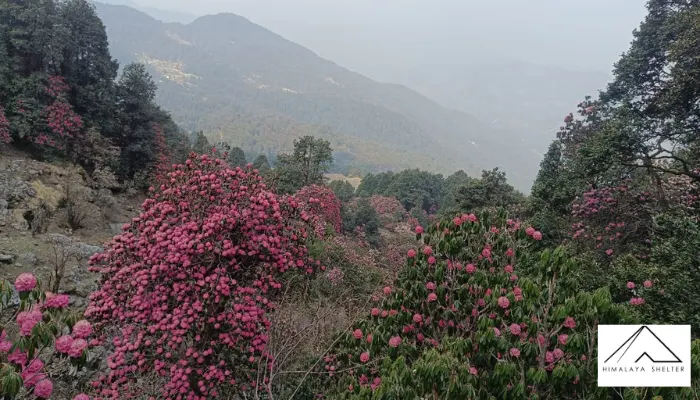
16 Feb 2026
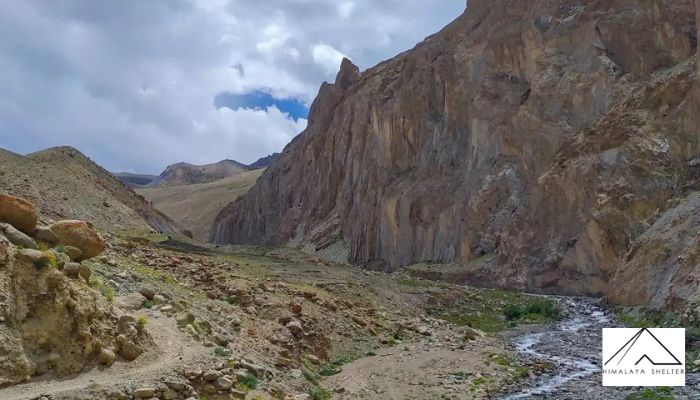
11 Feb 2026
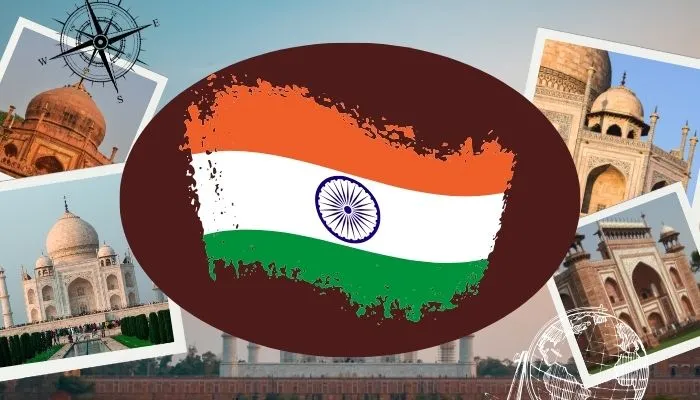
11 Feb 2026
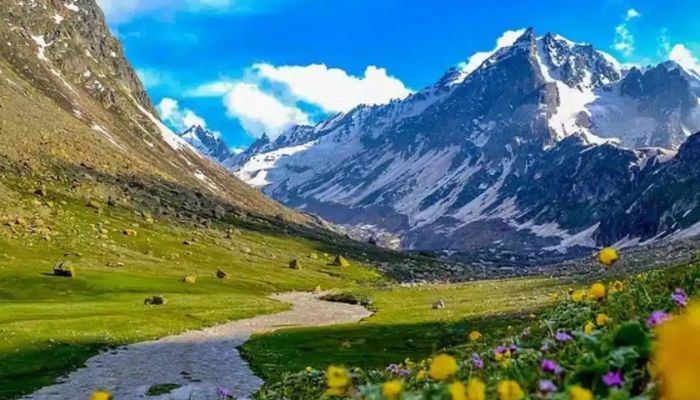
10 Feb 2026
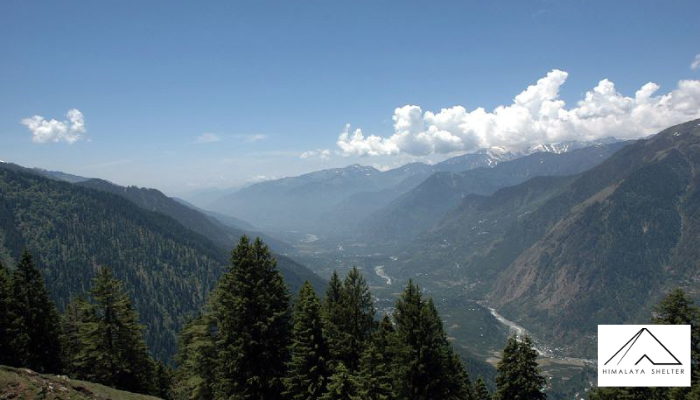
05 Feb 2026
Recommended Treks
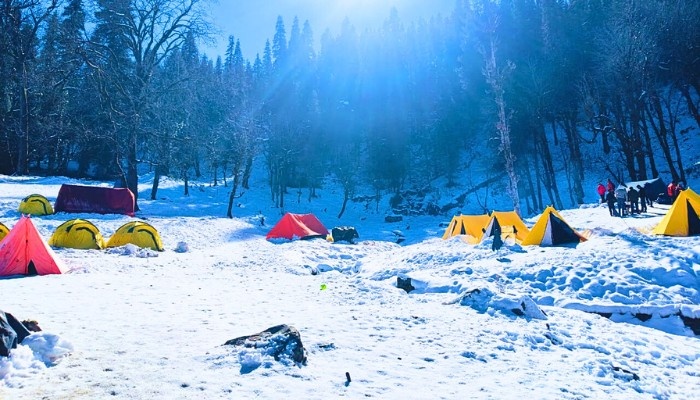
Cost: ₹7500 | $83
Type: Easy
Best Time: January, February, March, April, October, November, December

Cost: ₹17999 | $206
Type: Moderate
Best Time: January, February, March, April, June, September, October, November, December



Cost: ₹11500 | $130
Type: Moderate
Best Time: May, June, September, October, November

Cost: ₹12500 | $142
Type: Moderate
Best Time: March, April, May. June, September, october, November